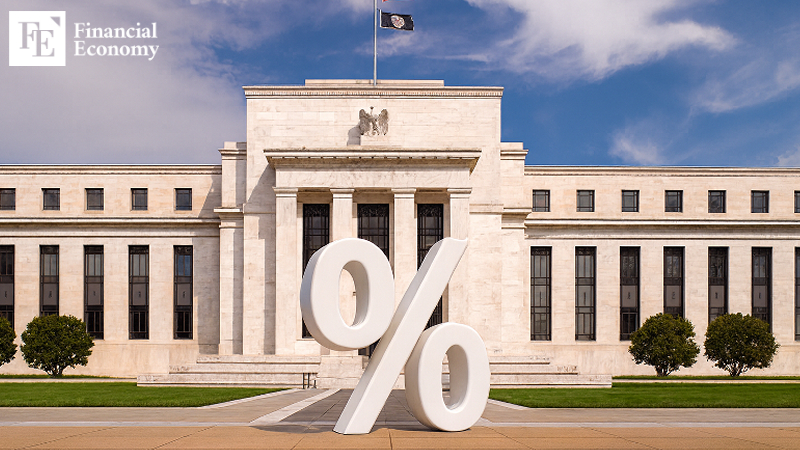
“Balance Between Jobs and Inflation Has Shifted”: Powell hints at possible rate cuts. Fed divided over whether to prioritize employment or inflation control. Retail inventories running low, raising fears of tariff-driven inflation. Markets are
Read More
17% of domestic VCs reduced to “empty-shell firms” Exit market blocked, early-stage investment shrinks Trend-chasing strategies hit systemic limits As the funding winter continues to grip Korea’s venture capital (VC) market, data show that
Read More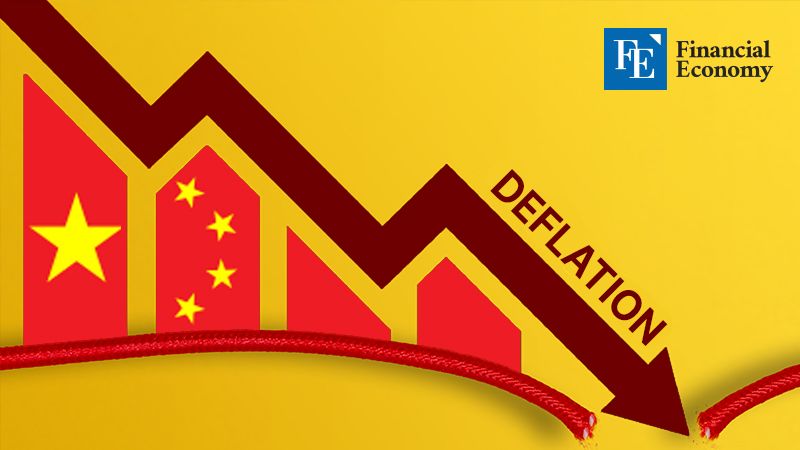
Housing investment boom as stimulus a decade ago Constraints of high debt and low interest rates on accommodation today Vicious cycle of weak domestic demand and fire-sale export offensives eroding global economy Beijing has moved to re
Read More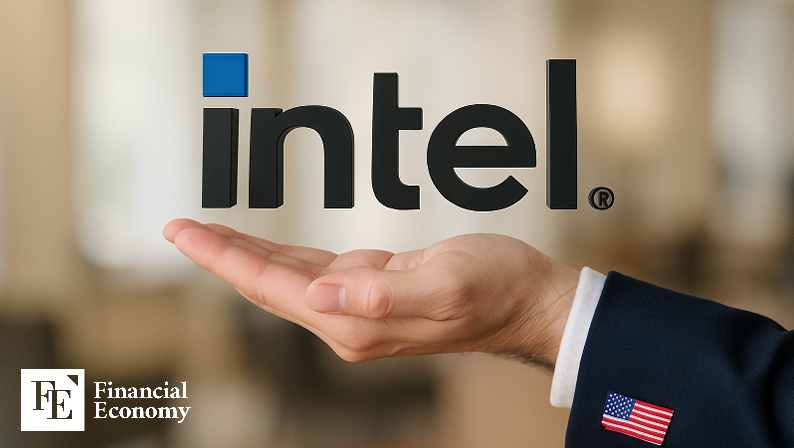
Trump Signals Continued Equity Acquisitions in Semiconductor Firms Additional Call Options Secured in Event of Foundry Contraction U.S.
Read More
Expectations rise for rate hikes amid wage growth outlookInflation outpaces wage gains, eroding real incomes
Read More
This article is based on ideas originally published by VoxEU – Centre for Economic Policy Research (CEPR) and has been independently rewritten and extended by The Economy editorial team. While inspired by the original analysis, the content presented here reflects a broader interpretation and additional commentary. The views expressed do not necessarily represent those of VoxEU or CEPR.
Read More
This article is based on ideas originally published by VoxEU – Centre for Economic Policy Research (CEPR) and has been independently rewritten and extended by The Economy editorial team. While inspired by the original analysis, the content presented here reflects a broader interpretation and additional commentary. The views expressed do not necessarily represent those of VoxEU or CEPR.
Read More
Walmart Posts Higher Q2 Sales but Lower Operating Profit Producer Prices Record Biggest Jump in Years, Outpacing CPI Signs of Rising Prices Spark Fears of Inflation’s Return Walmart, the largest U.S.
Read More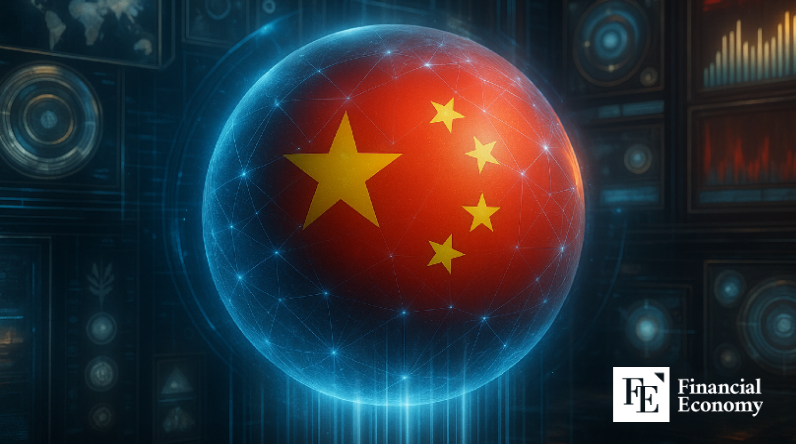
22 out of 63 Korean SMEs in Deficit or Shutdown. Over Half Have Fallen Short of Average Operating Profit in the Past Decade. Undermined by China’s Low-Cost Offensive and Technological Catch-Up. Two out of ten Korean small and venture firms that a
Read More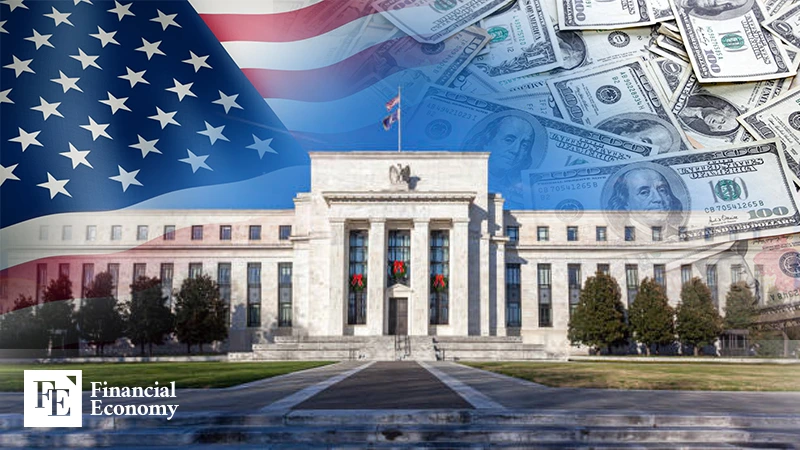
Fed Officials Say “Not Enough Data to Cut Rates” Trump’s Tariff Shock Seen Driving Central Bank Caution Some Experts Still Argue for Interest Rate Cuts The U.S.
Read More
This article is based on ideas originally published by VoxEU – Centre for Economic Policy Research (CEPR) and has been independently rewritten and extended by The Economy editorial team. While inspired by the original analysis, the content presented here reflects a broader interpretation and additional commentary. The views expressed do not necessarily represent those of VoxEU or CEPR.
Read More
Shift from Export Price Cuts to Markups Price Hikes by Toyota and Subaru Inability to Absorb Tariff Burden without Eroding Profitability Toyota, Subaru and other Japanese automakers have begun raising prices in the U.S.
Read More
This article is based on ideas originally published by VoxEU – Centre for Economic Policy Research (CEPR) and has been independently rewritten and extended by The Economy editorial team. While inspired by the original analysis, the content presented here reflects a broader interpretation and additional commentary. The views expressed do not necessarily represent those of VoxEU or CEPR.
Read More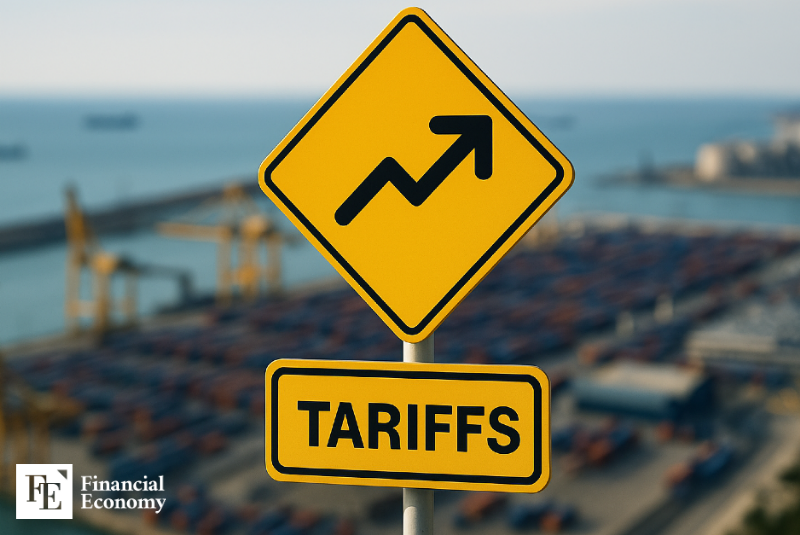
50% tariffs imposed on steel and aluminum content in products Applied even to goods already in transit U.S.
Read More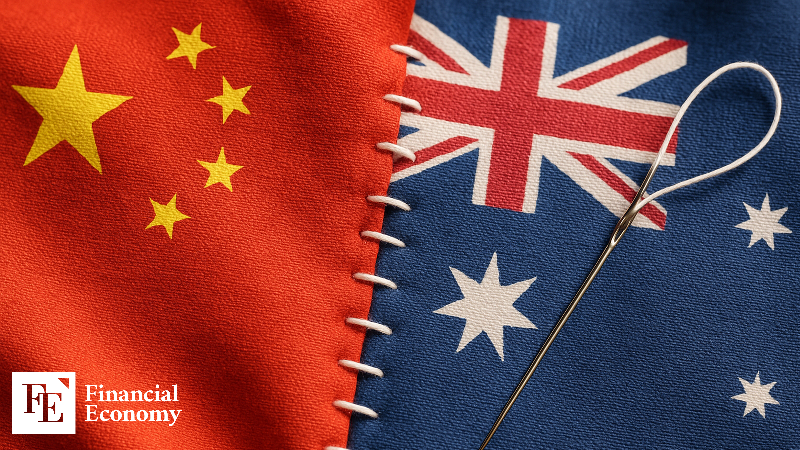
China to Resume Australian Canola Imports After Five-Year Halt Trade Tensions Eased Since COVID-Era Disputes Ties Improve Following Australia’s 2022 Leadership Change China is set to resume imports of Australian canola after a five-year
Read More
This article was independently developed by The Economy editorial team and draws on original analysis published by East Asia Forum. The content has been substantially rewritten, expanded, and reframed for broader context and relevance. All views expressed are solely those of the author and do not represent the official position of East Asia Forum or its contributors.
Read More
This article is based on ideas originally published by VoxEU – Centre for Economic Policy Research (CEPR) and has been independently rewritten and extended by The Economy editorial team. While inspired by the original analysis, the content presented here reflects a broader interpretation and additional commentary. The views expressed do not necessarily represent those of VoxEU or CEPR.
Read More
Musinsa, IPO Initiative Lead Underwriter Selection Process $7.4 Billion Valuation Target, Market Doubts Photo = Musinsa Musinsa, South Korea’s leading fashion platform, has distributed requests
Read More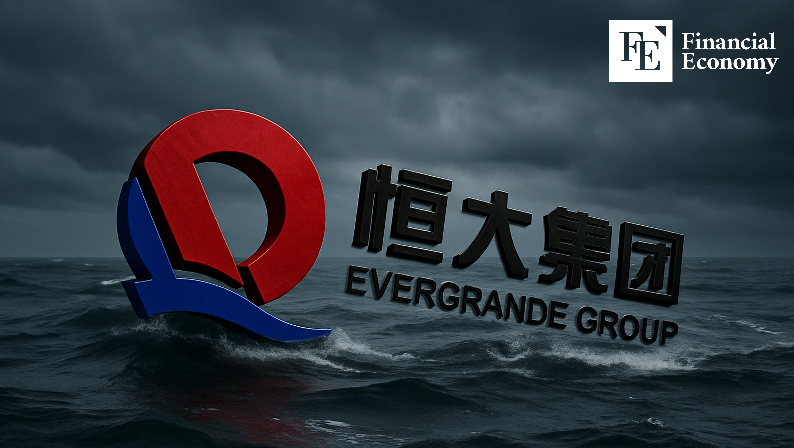
Evergrande finally delisted from the Hong Kong Stock Exchange Sudden regulatory tightening pushes other developers toward collapse With no “way out,” the prolonged property slump weighs heavily on China’s economy China’s largest private prop
Read More
This article is based on ideas originally published by VoxEU – Centre for Economic Policy Research (CEPR) and has been independently rewritten and extended by The Economy editorial team. While inspired by the original analysis, the content presented here reflects a broader interpretation and additional commentary. The views expressed do not necessarily represent those of VoxEU or CEPR.
Read More










